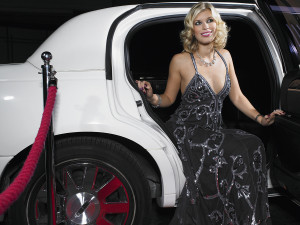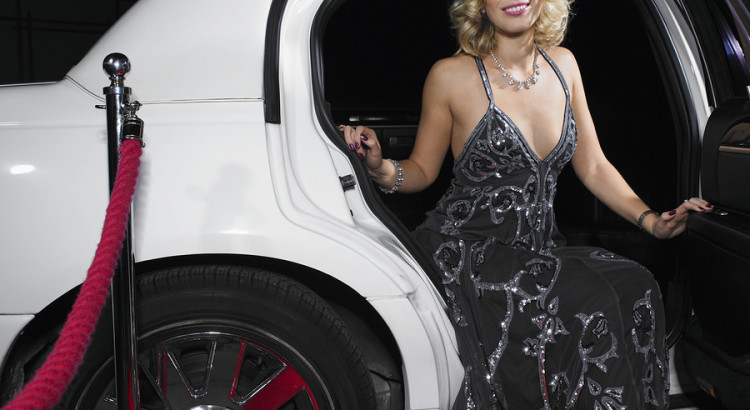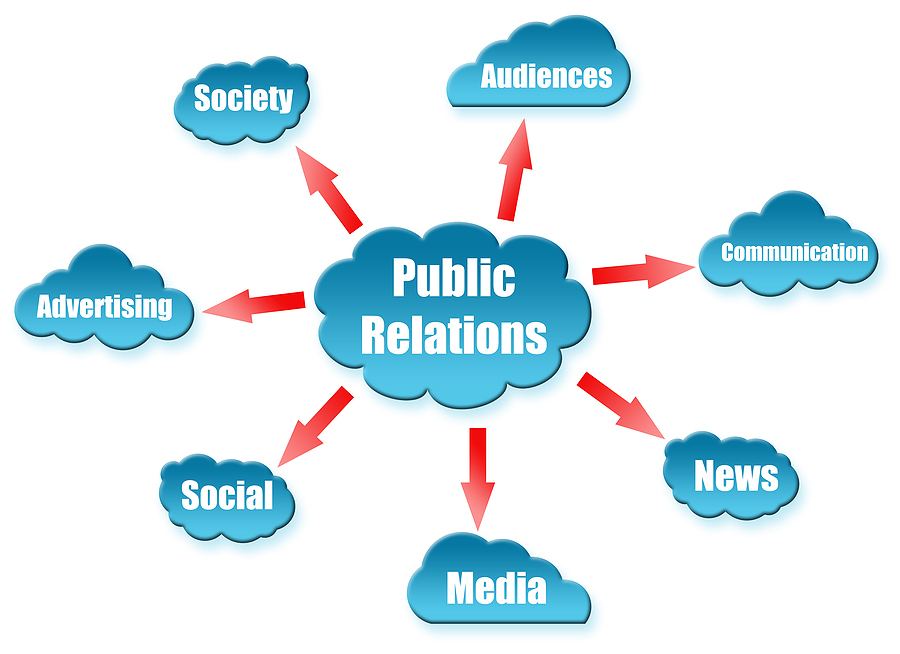Companies often believe getting endorsed by a celebrity will help promote them? But will it? I have a look at the pros and the cons…

Gaining publicity in the media can be tough. After all, if you are a company or charity hoping for a plug in the national press then don’t forget you are competing for space against big news stories and even the royal family.
Unsurprisingly many organisations consider getting a celebrity endorsement as a way of attracting attention. It seems a no brainer – the celebrity can gain publicity, particularly if it is a charity they are ‘helping’ – while at the same time the organisation hopes their name can get them into the papers.
There’s no doubt getting a celebrity to endorse your press campaign can work – but unfortunately as a media agent I have recently seen several instances where teaming up with someone famous has actually stopped that organisation from gaining publicity.
And in fact I believe in most cases, companies are best advised to avoid celebrity endorsements and instead find ordinary people within their organisation to represent them instead.
Let me explain…
Firstly, the celebrity endorsement strategy can work. Take a (fictional) charity that promotes health during pregnancy. They might decide to team up with a celebrity who has recently had a baby herself. If that celebrity is going to speak for the first time about her own pregnancy nightmare then that will certainly be an interview newspapers and magazines will be interested in publishing. And many will be more than happy to publish such an interview giving the charity a plug.
Everyone is a winner here – from the celebrity who is seen to be charitable by her endorsement which has raised her profile – to the charity which has publicised its campaign with the article.
But unfortunately I am seeing more situations where the celebrity is happy to endorse the charity (and often has personal reasons for doing so) but actually doesn’t want to talk about those reasons.
In one instance a celebrity was so full of his own self importance he actually put out an interview on the charity press release and then that charity insisted this oik was given copy approval on the actual feature written from it. Not only that but he refused to discuss the reasons why he was supporting that charity.
So he wasn’t really supporting the charity’s campaign was he…! Only himself.
The result was very little publicity for this organisation which I am not going to name – after all, there was no story. Just a jumped up Z lister who really should have been grateful for the column inches, believing he was that interesting that just a mention of him and his association with this organisation would be enough to get it in a paper. It was not.
But the saddest thing is that the campaign the charity was running was really worthwhile. What that charity should have done – when this individual put his name to this but then refused to talk about anything – was ditched him. They then should have sought someone within their organisation to front their campaign instead. It could have been someone it has recently helped, or even a worker – or a group of workers.
In fact PRs often complicate campaigns. Even the pregnancy charity I mentioned could have run their campaign without celebrity endorsement at the helm. An ordinary woman’s extraordinary story about their baby’s miracle survival would have been just as placeable in the press.
A group of mums, with their amazing babies in their arms, who’ve benefited from their research, would have arguably made better copy for a wider number of publications.
After all far better to promote the ordinary person with a genuine real life story than a celeb, who is often more concerned about their image than how they can help any charity.
Do you want media coverage for a business or charity. Contact us for more advice!



